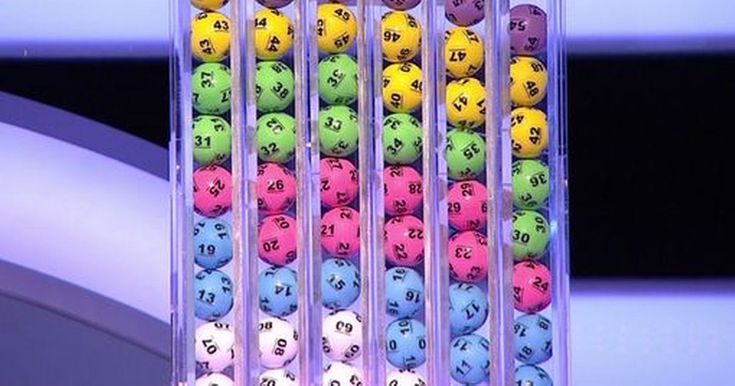Lottery draws have fascinated people for centuries, capturing the imagination and hopes of millions around the globe. Whether it’s the dream of winning a life-changing jackpot or simply enjoying the thrill of chance, lottery draws hold a unique place in our society live cambodia. This article delves into the mechanics of lottery draws, their cultural significance, and the psychological allure they hold.
The Mechanics of Lottery Draws
At their core, lottery draws are games of chance designed to generate excitement and provide the possibility of significant financial gain. Typically, participants purchase tickets with a set of numbers, and during the draw, a random selection of numbers is announced. The goal is to match as many numbers as possible to win varying prizes, with larger jackpots reserved for those who match all the drawn numbers.
Most lotteries employ various methods for ensuring randomness and fairness. Traditional lotteries often use mechanical devices filled with numbered balls, while modern lotteries may use sophisticated electronic systems to generate random numbers. Regardless of the method, transparency is crucial to maintain public trust.
Types of Lottery Draws
There are several types of lottery draws, each with its own set of rules and structures:
- Traditional Lotteries: These involve selecting a set number of balls from a larger pool. For example, in a 6/49 lottery, players choose six numbers from a pool of 49. The draw typically occurs once or twice a week.
- Instant Win Games: These lotteries allow players to scratch off tickets or reveal numbers instantly, providing immediate gratification and a quick resolution.
- Daily Lotteries: These lotteries offer draws every day, with smaller jackpots and more frequent chances to win.
- Multi-State Lotteries: Some lotteries, like Powerball and Mega Millions in the United States, allow players from multiple states to participate, resulting in enormous jackpots that can reach into the hundreds of millions.
Cultural Significance
Lottery draws have deep cultural roots in many societies. They serve as a source of entertainment, a way to support public projects, and a means of social engagement. Many states and countries allocate a portion of lottery revenues to fund education, infrastructure, and social services, which can enhance public support for these games.
In some cultures, lotteries are also seen as a rite of passage. The act of purchasing a ticket can be a communal experience, with friends and families gathering to choose numbers and discuss dreams of winning. Lottery draws often spark conversations about wealth, aspirations, and the notion of fate, making them more than just a game of chance.
The Psychology of Hope and Risk
The allure of lottery draws is deeply rooted in psychology. The prospect of winning a substantial sum of money taps into human desires for security, freedom, and fulfillment. Lottery participants often view their tickets as a gateway to a better life, which can lead to a sense of hope and optimism.
However, it’s essential to recognize the risks involved. The odds of winning large jackpots are astronomically low, often comparable to being struck by lightning. This disparity can lead to disappointment and, in some cases, unhealthy gambling behaviors. Awareness and education about responsible play are crucial in navigating the world of lotteries.
The Future of Lottery Draws
As technology advances, so too do lottery draws. Online lottery platforms have become increasingly popular, allowing players to participate from the comfort of their homes. Innovations such as blockchain technology promise to enhance transparency and security in lottery operations, further building trust among participants.
Moreover, lotteries are evolving to cater to younger audiences, incorporating gamification elements and engaging storytelling to capture their interest. These changes may shape the future of lottery draws, making them more interactive and accessible.
